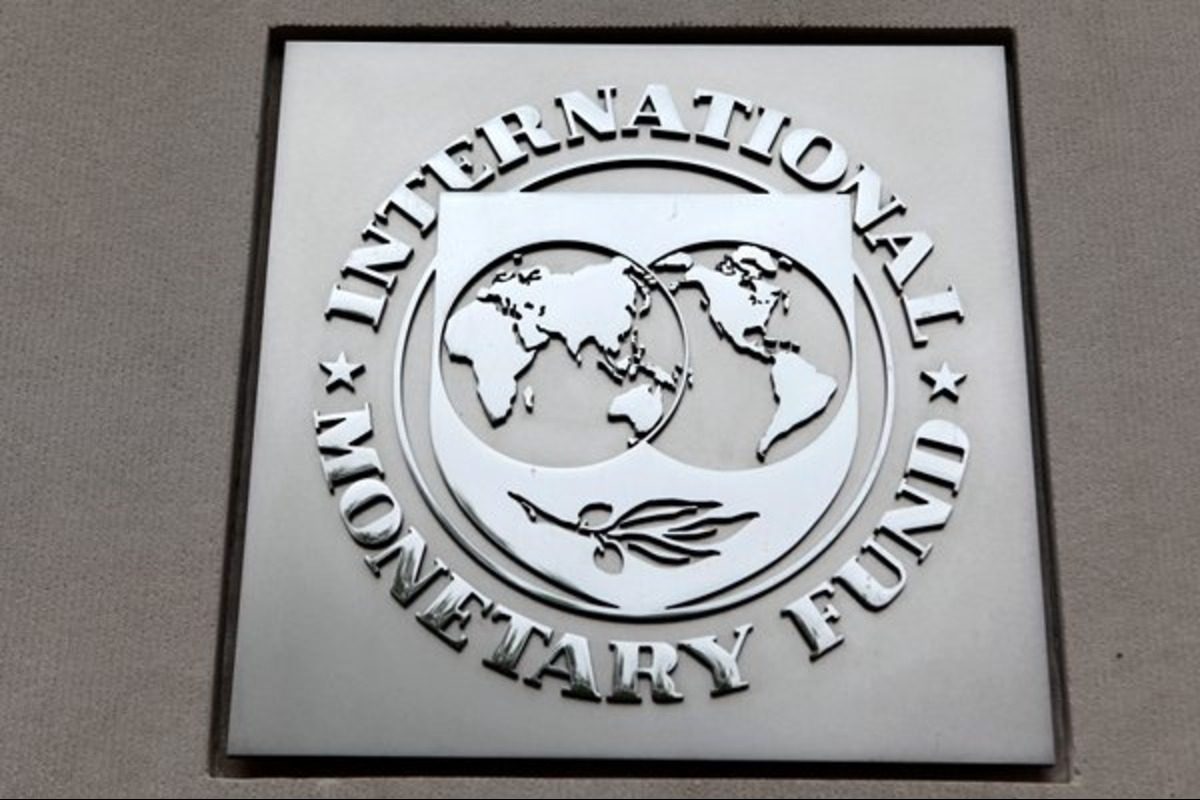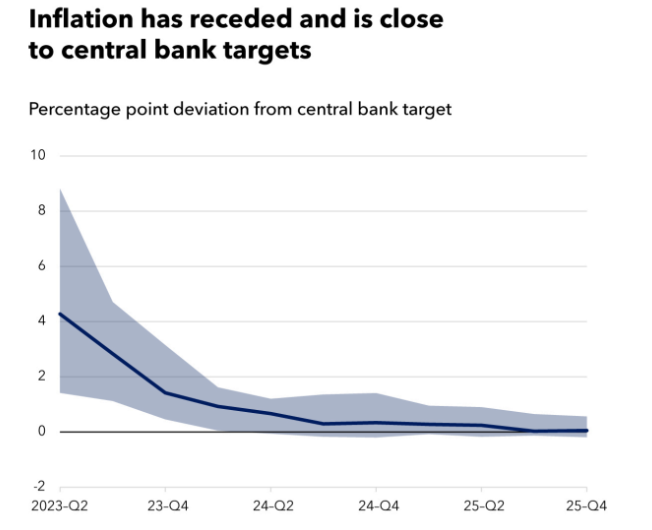UK economy receives hefty growth upgrade from IMF
The international fiscal watchdog now expects the UK to grow 1.1 per cent in 2024, up from a previous forecast of 0.7 per cent.


The UK economy has received a hefty upgrade from the International Monetary Fund (IMF), a welcome boost for the Chancellor ahead of her first Budget.
Economists at the international fiscal watchdog now expect the UK to grow 1.1 per cent in 2024, up from a previous forecast of 0.7 per cent. Among rich economies only Spain received a larger increase.
This time last year, the IMF predicted the UK would be the worst-performing G7 economy in 2024, but its latest forecasts put it in line with France and ahead of Germany, Japan, and Italy.
The upgrade reflects the economy’s surprisingly strong performance during the first half of the year when the UK economy was among the top-performing in the world.
The Washington-based institution expects growth to pick up to 1.5 per cent next year. It predicted that “falling inflation and interest rates (would) stimulate domestic demand.”
The IMF projected that inflation will average 2.6 per cent this year and 2.1 per cent next year, down from 7.3 per cent in 2023. However, these were both slight increases on its May forecast.
Rachel Reeves said: “It’s welcome that the IMF have upgraded our growth forecast for this year, but I know there is more work to do.”
“That is why the Budget next week will be about fixing the foundations to deliver change, so we can protect working people, fix the NHS and rebuild Britain,” she added.
Reeves is reportedly seeking to raise £40bn through a combination of tax hikes and spending cuts, which some economists warn may damage the UK’s growth outlook.
The battle against inflation
The revised forecasts for the UK economy were included in the IMF’s latest World Economic Outlook, which argued that the global battle against inflation has “largely been won.”
Globally, inflation is set to fall to 3.4 per cent by the end of next year, which would be below the average during the two decades before the pandemic.

The IMF said inflation had been controlled as shocks on the supply side receded. It added that monetary policy had played a “decisive role” by anchoring inflation expectations.
With inflation coming back under control, the IMF said it was time for many economies to “stabilise debt dynamics and rebuild much-needed fiscal buffers” after years of loose fiscal policy.
“While the decline in policy rates provides some fiscal relief by lowering funding costs, this will
not be sufficient,” it said, pointing out that current fiscal plans in the US and China will not stabilise debt.
However, the IMF warned that governments would be treading a difficult balance.
“Delaying consolidation increases the risk of disorderly market-imposed adjustments, while an excessively abrupt turn toward fiscal tightening could be self-defeating and hurt economic activity,” it said.


